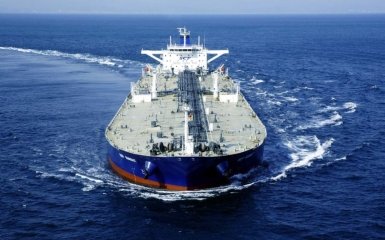Russia continues to transfer oil from tanker to tanker off the coast of Greece, even after the country began naval exercises in an attempt to block the activity.
Points of attention
- Russia is secretly continuing to transship oil near the coast of Greece, bypassing sanctions and raising environmental concerns.
- The practice of tanker-to-tanker oil transshipment in the Aegean Sea has grown in popularity, especially near the islands of Lesvos and Chios.
- The issue of safety and insurance of vessels involved in transporting Russian oil products in Europe is a growing concern.
- The ineffectiveness of current sanctions against Russia is evident as large-scale oil overloading persists near Greece and Europe in general.
- With geopolitical tensions and fluctuating oil prices, the need for more effective oil sanctions against Russia is becoming increasingly important.
Russia is secretly transshipping oil off the coast of Greece
According to the analytical company Vortexa, about 1 million barrels of diesel fuel, fuel oil and other petroleum products are transshipped near the islands of Lesbos and Chios in the Aegean Sea per month.
The area became popular after the Greek Navy began conducting exercises in the Gulf of Laconia, which used to be the No. 1 location for such exercises in Europe.
A sharp increase in the number of ships transporting Russian oil products in Europe and beyond has caused concern among environmentalists due to questions about the safety and insurance of ships involved in these shipments.
This practice, sometimes carried out in secret, with radio beacons turned off, helps hide the origin of the oil to circumvent sanctions.
It said ship-to-ship oil transfers are still taking place near the Laconian Gulf, but at a much slower rate after Greece began naval exercises. The maneuvers did not touch one narrow stretch of water, and it is in this place that overloads are still carried out.
Also, transshipments have become regular near the Italian port of Augusta since May.
Why now is the perfect time for oil sanctions against the Russia
According to Julian Lee, an analyst of the publication on the oil market, the current mechanism of limiting the price of the sale of Russian oil has not led to a reduction in Russia's income.
Even with geopolitical tensions in the Middle East reaching their highest level in a decade, Brent crude oil is still hovering below $75 a barrel and dipped below $70 in September. This is a quarter less than it was when the price cap was developed.
The authors of the material emphasize that the sanctions imposed against individual ships of the shadow Russian fleet for selling oil to circumvent the introduced price ceiling proved to be limited in their success.



